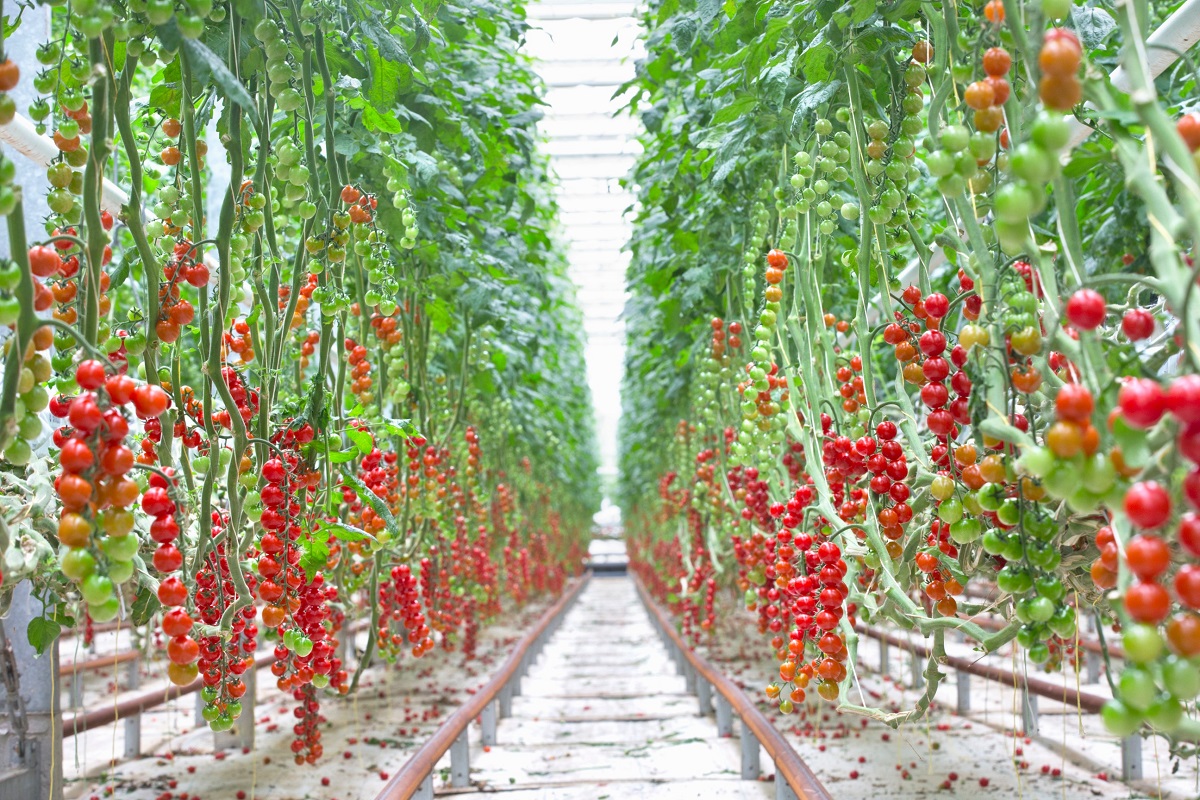
Every year, viral diseases wreak havoc worldwide on tomato and cucurbit crops (squash, pumpkin, courgette), causing huge yield losses ranging from 15% to 100%, accounting for losses of around €3.5 billion in Europe alone. The emergence of new and devastating plant viruses is fuelled by a combination of climate change, rising global trade and more interconnected agricultural sectors.
Building on decades of expertise in plant molecular biology and sustainable pest management approaches, NRI is part of the EU-funded VIRTIGATION project, which aims to combat emerging viral diseases in crops, and to help prevent them from spreading around the world.
To date, few viable remedies have been made available to tackle the destruction of crops caused by these plant viruses. The VIRTIGATION project aims to cut tomato and cucurbit crop losses stemming from viral diseases by up to 80%, and it seeks to cut in half, or even eliminate the use of pesticides to control emerging viral diseases. VIRTIGATION will demonstrate several innovative biologically based solutions to safeguard tomato and cucurbit plants. These will include natural plant resistance, plant vaccines, a sustainable and integrated pest management (IPM) approach, and biopesticides – substances used for controlling pests made from natural products or micro-organisms, as opposed to the more conventional synthetic or chemical pesticides. VIRTIGATION will also implement new methods for the early detection and prevention and control of these plant viruses. It will further develop innovative diagnostic tools and online monitoring platforms to identify possible outbreaks to ‘test, track and trace’ the spread of viruses. With this toolbox, VIRTIGATION aims to assist the entire value chain – from farmers and plant health services, to policymakers and industry – in protecting tomatoes and cucurbits from viral diseases.
NRI’s Professor Maruthi Gowda is leading NRI’s contribution to VIRTIGATION which focuses on understanding how viruses jump hosts from tomatoes to cucurbits and expand their host range. The team aims to identify virus-resistant varieties from extensive germplasm collections to provide rapid and natural control measures for farmers. In addition to the use of naturally occurring resistance sources, the NRI team is exploring wide-ranging IPM practices such as the use of biopesticides, plant extractions and novel eco-friendly formulations for controlling whiteflies – one of the main insect vectors which transmit viral diseases. These efforts will minimise the use of harmful synthetic pesticides and thus help produce healthier vegetables.
VIRTIGATION is coordinated by the Department of Biosystems at KU Leuven University in Belgium and brings together 25 partners from universities, industries, research and technology organisations, agricultural extension services and small and medium-sized enterprises from 12 countries: Austria, Belgium, France, Germany, India, Israel, Italy, Luxembourg, Morocco the Netherlands, Spain and the United Kingdom.
The VIRTIGATION project is running from 2021–2025 and is funded with EUR 7 million by the EU Horizon 2020 programme.
Links: www.virtigation.eu

